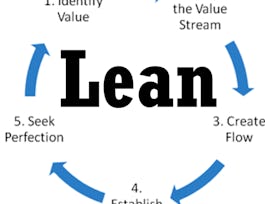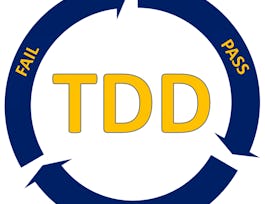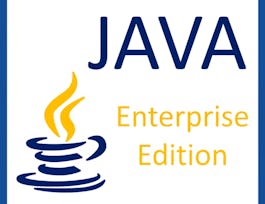Agile embraces change which means that team should be able to effectively make changes to the system as team learns about users and market. To be good at effectively making changes to the system, teams need to have engineering rigor and excellence else embracing change becomes very painful and expensive.


Engineering Practices for Building Quality Software
This course is part of Software Development Lifecycle Specialization
Taught in English
Some content may not be translated

Instructor: Kevin Wendt
32,986 already enrolled
Included with 
Course
(339 reviews)
89%
What you'll learn
You will learn how to quantiatively measure design quality attributes.
You will establish feasible and testable scenarios for evaluating quality attributes in software architecture.
You will develop skills to ensure quality in developing code beyond correct functionality alone.
You will understand quality approaches to post-development stages of the lifecycle.
Skills you'll gain
Details to know

Add to your LinkedIn profile
3 quizzes
Course
(339 reviews)
89%
See how employees at top companies are mastering in-demand skills

Build your subject-matter expertise
- Learn new concepts from industry experts
- Gain a foundational understanding of a subject or tool
- Develop job-relevant skills with hands-on projects
- Earn a shareable career certificate


Earn a career certificate
Add this credential to your LinkedIn profile, resume, or CV
Share it on social media and in your performance review

There are 5 modules in this course
In this module, you will be introduced to the concept of quality as it relates to software.
What's included
1 video1 reading
In this module, you will learn about a variety of quality metrics including how to calculate them. A discussion of design patterns follows, allowing you to gain a deeper understanding of the quality they provide and exposure to several important patterns.
What's included
7 videos11 readings1 quiz2 discussion prompts
In this module, you will create Scenarios in order to document and verify quality attributes relevant to software architecture, including usability, performance, and more. Then, you will examine one specific quality attribute and its implications: security.
What's included
7 videos1 reading1 peer review
In this module, you will explore a variety of quality aspects of the implementation stage of the lifecycle. You will also evaluate coding style guides and static analysis tools. Finally, you will analyze self-documentation in open-source code and identify the capabilities of version control and automated build tools.
What's included
7 videos8 readings1 quiz3 peer reviews2 discussion prompts
In this module, learners will discover quality in the final lifecycle stages: testing and deployment. Learners will first be instructed on the importance of test planning, understand what it means to evaluate tests and identify the benefits of test-first process. Then, a variety of resources will give learners understanding into continuous pipeline tools, allowing the learner to evaluate their potential benefits (and drawbacks) for their own projects.
What's included
5 videos15 readings1 quiz
Instructor

Offered by
Recommended if you're interested in Software Development

University of Minnesota

Yale University
Why people choose Coursera for their career




Learner reviews
Showing 3 of 339
339 reviews
- 5 stars
73.82%
- 4 stars
15%
- 3 stars
5%
- 2 stars
2.35%
- 1 star
3.82%
New to Software Development? Start here.

Open new doors with Coursera Plus
Unlimited access to 7,000+ world-class courses, hands-on projects, and job-ready certificate programs - all included in your subscription
Advance your career with an online degree
Earn a degree from world-class universities - 100% online
Join over 3,400 global companies that choose Coursera for Business
Upskill your employees to excel in the digital economy
Frequently asked questions
Access to lectures and assignments depends on your type of enrollment. If you take a course in audit mode, you will be able to see most course materials for free. To access graded assignments and to earn a Certificate, you will need to purchase the Certificate experience, during or after your audit. If you don't see the audit option:
The course may not offer an audit option. You can try a Free Trial instead, or apply for Financial Aid.
The course may offer 'Full Course, No Certificate' instead. This option lets you see all course materials, submit required assessments, and get a final grade. This also means that you will not be able to purchase a Certificate experience.
When you enroll in the course, you get access to all of the courses in the Specialization, and you earn a certificate when you complete the work. Your electronic Certificate will be added to your Accomplishments page - from there, you can print your Certificate or add it to your LinkedIn profile. If you only want to read and view the course content, you can audit the course for free.
If you subscribed, you get a 7-day free trial during which you can cancel at no penalty. After that, we don’t give refunds, but you can cancel your subscription at any time. See our full refund policy.



